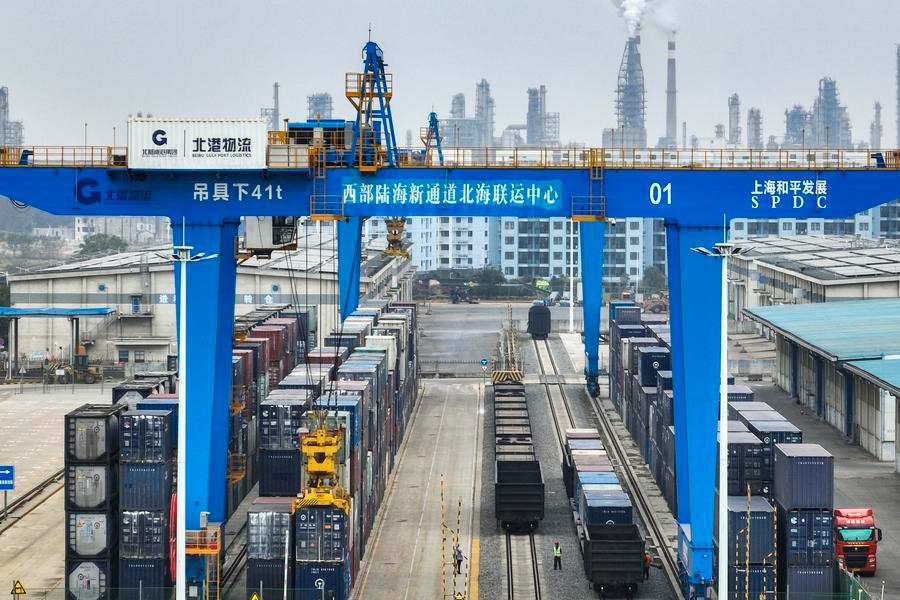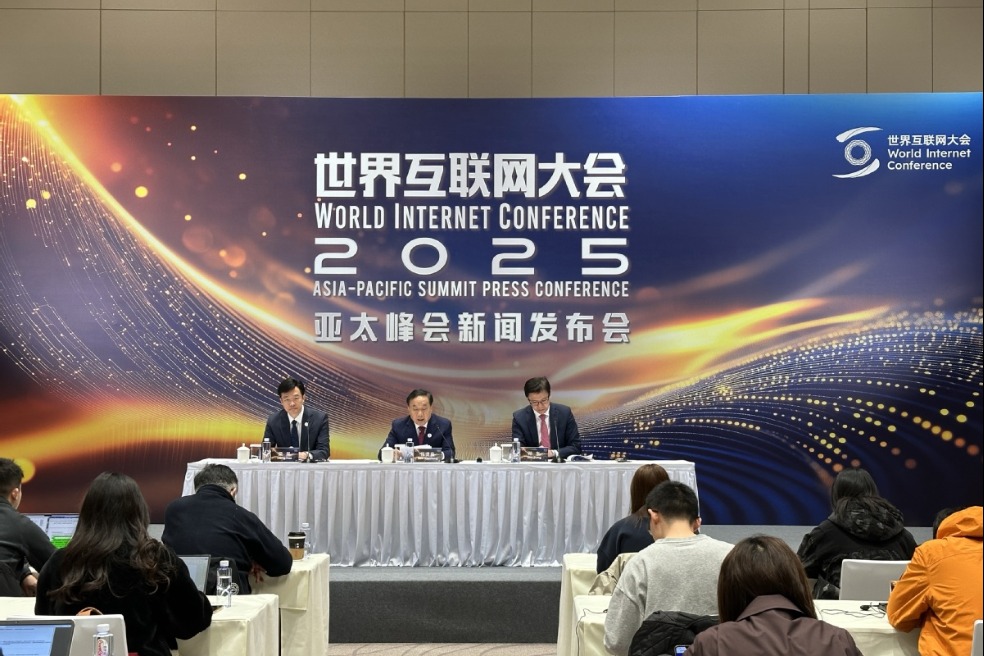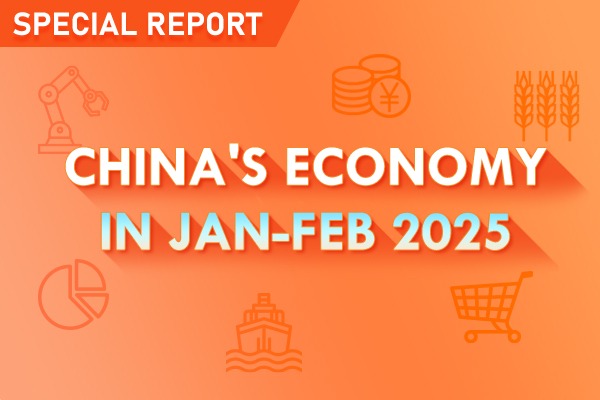Negative list updated to further ease market access
List: Eased restrictions?signal continued market-oriented reforms


China unveiled a new version of its negative list for market access on Thursday, further opening up sectors to private and foreign enterprises in a move that underscores the country's commitment to bolstering its vast domestic market amid external shocks, officials and experts said.
The updated list, which specifies industries and business activities that are either prohibited or require government approval, has reduced the number of items from 117 in the 2022 version to 106.
Outside the list, all types of businesses can enter the market on an equal and lawful basis across the country, said the National Development and Reform Commission. The list was jointly released by the NDRC, the Ministry of Commerce and the State Administration for Market Regulation.
"This is a significant foundational institutional arrangement that supports the development of a unified national market," the NDRC said in a statement, emphasizing that local governments and various departments shall not formulate any other negative lists for market access.
The updated negative list has reduced the number of national-level market access management measures from 486 to 469, while local-level measures have been cut from 36 to 20.
Specifically, eight national-level measures were removed, including those pertaining to the official seal engraving industry and specialized security products for computer information systems.
At the local level, 17 measures were scrapped in sectors such as transportation and logistics, freight forwarding and vehicle rental services, in order to break interregional market barriers.
Meanwhile, new business models and emerging industries, such as civil unmanned aircraft and e-cigarettes, were included in the new negative list.
Pan Helin, a member of the Ministry of Industry and Information Technology's Expert Committee for Information and Communication Economy, said the updated negative list would vitalize private enterprises by reducing transaction costs and dismantling hidden market entry barriers.
"This contributes to strengthening domestic circulation and boosts China's resilience against external shocks such as tariffs imposed by the United States," Pan said.
Huang Yanxiang, CEO of Shanghai CarbonNewture, a high-tech private enterprise serving as a decarbonization services platform, said the company is encouraged by the shortened list, which reflects China's commitment to creating a level playing field for private businesses and lays a stronger foundation for the company to expand its footprint.
China launched its first market entry negative list in 2018. After four rounds of revisions in 2019, 2020, 2022 and this year, the number of items on the list has been reduced to 106 from 151 in 2018, down by roughly 30 percent.
Bai Wenxi, vice-chairman of the China Enterprise Capital Union, said this process clearly signals that China will continue to advance market-oriented reforms to create a fairer, transparent and predictable market environment for all types of businesses, strengthening the appeal of the Chinese market for foreign investors.
Zhang Jun, chief economist at China Galaxy Securities, said that such efforts to activate its domestic market while accelerating opening-up have global significance. "As the US focuses on reshoring its manufacturing capabilities — a move that could cause global disruptions — China's vast domestic market and expanding consumption power may serve as a key stabilizer for global economic growth," Zhang said.
Contact the writers at zhoulanxv@chinadaily.com.cn




































